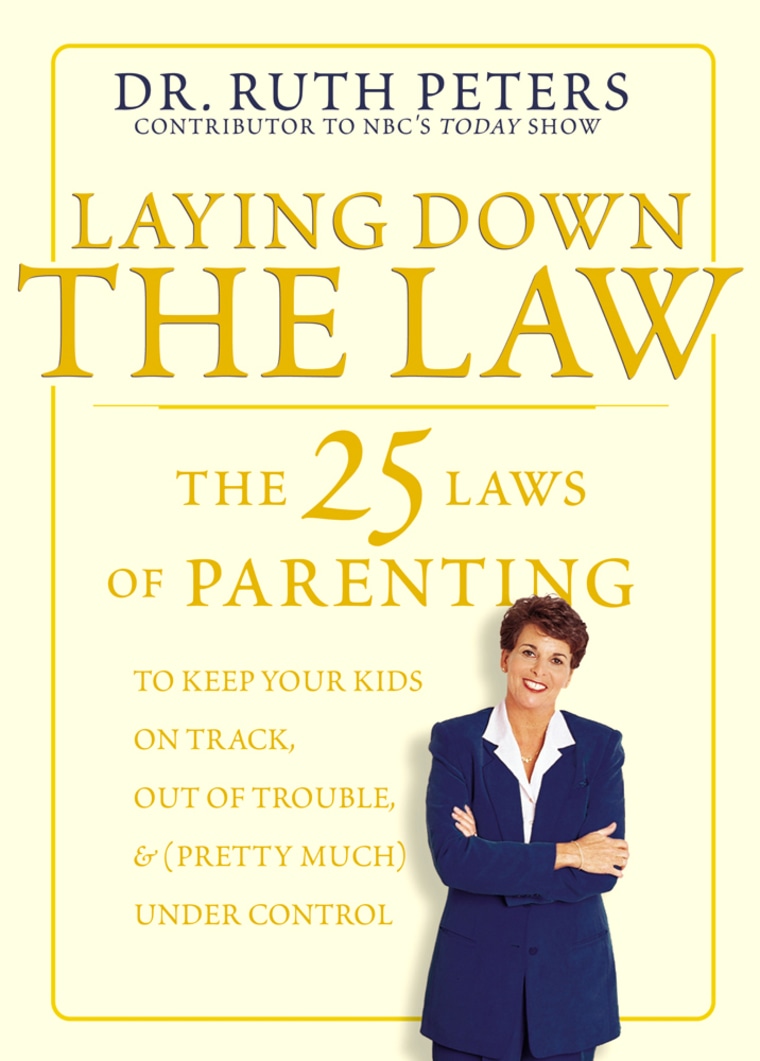Q: My 16-year-old grandson recently was diagnosed with depression by his pediatrician. In the process it was suggested that he begin to take an antidepressant medication.
I believe my grandson is too involved in activities and doesn't have time for himself and that’s why he’s feeling so badly. He's involved in track, swimming, lacrosse and is working toward his Eagle Scout badge, plus keeping up good grades.
Should he and his parents be focusing upon pills, or on his many activities?
A: I have written several times about children being over-involved in activities and not having enough time to “just be kids.” Being involved in too many extra-curricular commitments can lead to stress and anxiety, which can develop into depression.
On the other hand, reasonable amounts of physical activity (team or individual sports, working out or just playing outside) as well as mental stimulation (Scouts, music or dance lessons) can help a child to feel self-confident, to learn to structure time wisely and to feel happier and more content.
It really depends upon the individual nature of the youngster and the extent and enjoyment of the extra-curricular involvement. And, note that these activities should be “reasonable” — that is, balanced with the other demands in his life.
If your grandson is overwhelmed with the commitments and pressures of his activities, then depressed, withdrawn behavior would not be unusual.
His parents should discuss his true feelings to help gauge the basis for his emotions. Does he feel inadequate in the sports? Does he not have time for peer socialization? Is he engaging in these activities not for himself but to please a parent? Is so, then he needs to help his folks understand that too much of even a “good thing” is just too much.
But, also realize that it is quite common for teenagers to withdraw at times, to become moody and to need their own space. This can be a normal phase of adolescence if the withdrawal is not severe or long-lasting. However, if a youngster evidences severe emotional difficulties — extreme changes in mood, eating, sleeping or studying patterns — then most likely the child is showing symptoms of true depression that need to be addressed by therapy, environmental change and perhaps medication.
As a psychologist, before suggesting a medication evaluation, I tend to first check out the stressors, environment and behaviors that can be changed to make the child more comfortable.
Initially, I discuss with the youngster what they believe to be causing the problems. Often the teen can describe the difficulties, which usually center upon peer issues including perceived rejection, academic setbacks, poor parental relationships or romantic problems. To a teenager these issues can be extremely important and very tough to resolve or to accept.
When a child appears to be depressed, parents need to be supportive and proactive. They can help the youngster by letting him know that they understand that he is upset and may wish to be left alone at times, but that they are there to talk to him about his problems if he so desires. Your grandson’s parents may not be able to solve his problems, but just listening to him often lessens some of the pain. And, in addition, if he is overwhelmed, perhaps they need to limit the amount of involvement that he has outside of school so that he has some time to relax and to just be a kid.
If it turns out that his depressed feelings are environmentally based (rather than due to a chemical imbalance) then changing peer groups, dropping a difficult class and taking an easier one, or understanding a failed romantic relationship and learning to move on will probably help the depression to lift. However, if he continues to be depressed for several weeks, it’s time to seek professional help via a counselor.
His parents need to give therapy adequate time to be effective, but if counseling, behavioral and environmental changes do not seem to lift the depression, the therapist may suggest the short-term use of an antidepressant medication (as did your son’s pediatrician). Medications can be extremely effective for teenagers if taken appropriately, for the correct length of time and in the correct dosage. For many kids, they only need to stay on the medication for six months and then can appropriately decrease usage until the medication is no longer necessary.
Dr. Peters’ Bottom Line: If you continue to be concerned about your grandchild's welfare, you should talk with his parents to discuss the nature of his problems and what they have tried in terms of counseling, as well as mentioning your concerns about his involvement in so many activities and the idea of medication. However, you should tread carefully — his parents are closest to the situation and may not fully understand or appreciate your good intentions unless you are very careful in your approach. Express your concern as well as your hypotheses about why he may be depressed, but it’s their call in terms of what treatments to explore.

PLEASE NOTE: The information in this column should not be construed as providing specific psychological or medical advice, but rather to offer readers information to better understand the lives and health of themselves and their children. It is not intended to provide an alternative to professional treatment or to replace the services of a physician, psychiatrist or psychotherapist.